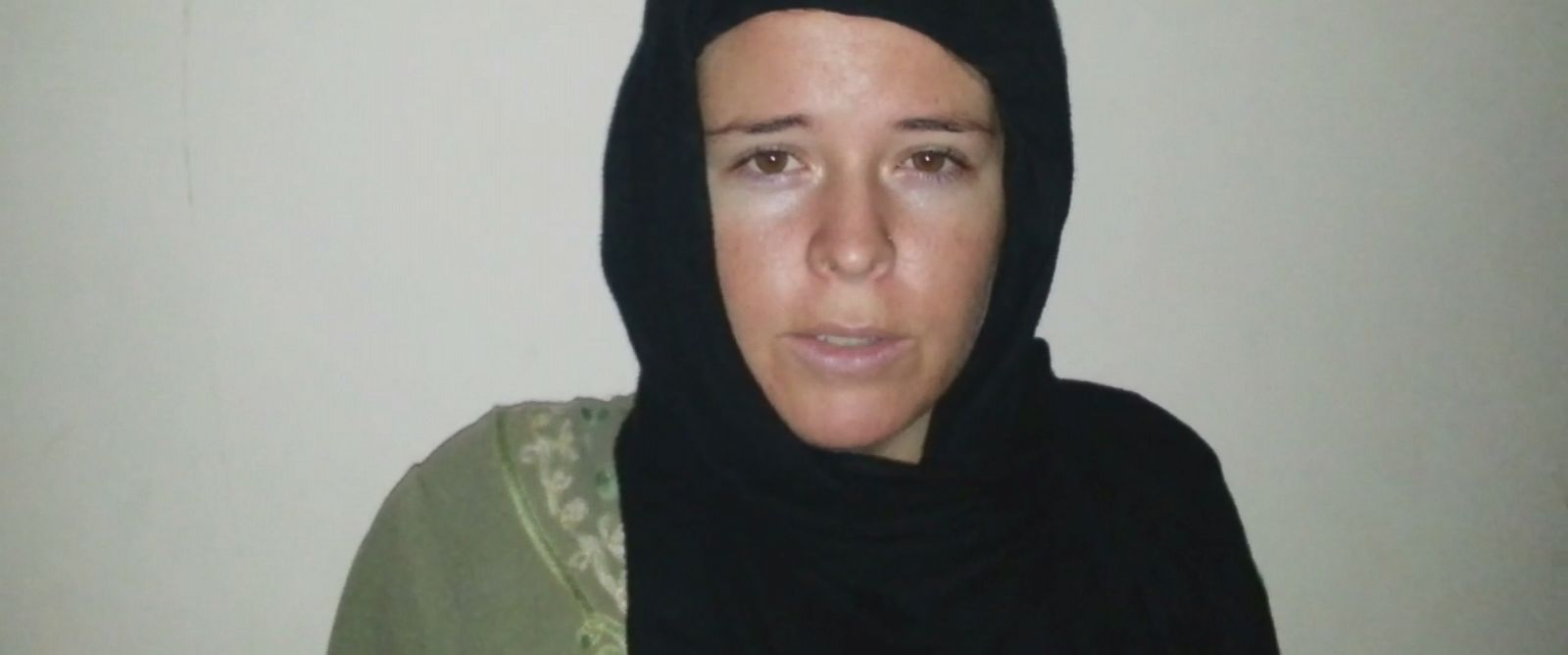What's Happening in Conflict Resolution" is a weekly round up of the all the ADR news, jobs, events and more. Check it out each week and view past versions [HERE].

“Talk To Me”
NYPD “Talk To Me” Campaign Raises Awareness For Suicide Prevention & Mental Illness
Social media being used to share crisis communication skills, dispel myths, connect people with services, and more
They NYPD encourages everyone to help raise awareness of suicide, mental illness and how it is easy to help someone- you don’t have to be an expert. The first step can be as simple as engaging a person in conversation and encouraging them to talk to you. That is what “Talk To Me” means- starting a conversation with someone who might be in need of help.
Why “Talk To Me”?
Members of the NYPD’s elite Hostage Negotiation Team (HNT) and Emergency Services Unit (ESU) respond to crisis situations and utilize active listening skills, techniques that demonstrate empathy, build rapport, and slow the situation down. The NYPD’s HNT was the first ever team created in the country in 1975 and uses the “Talk To Me” motto to demonstrate how active listening and encouraging a person to talk is effective in achieving a peaceful resolution. Members of ESU respond to thousands of crisis calls a year. By working together as a team, ESU is able to bring about peaceful ends to a variety of crisis situations.
Recently the NYPD adapted the HNT and ESU training and modified it for the patrol setting in their Crisis Intervention Team training to ensure patrol officers have these skills for their encounters with people in crisis.
Read more at NYPDnews.com [HERE].

Emails Show ISIS Appeared Eager to Release Kayla Mueller for Ransom, Expert Says

Even after a failed U.S. Special Forces hostage rescue mission in Syria, the launch of hundreds of coalition airstrikes and the subsequent video beheadings of three hostages, ISIS offered hope to Carl and Marsha Mueller that made them believe paying a ransom could still bring their captive daughter Kayla home, emails from the family's negotiations show.
But a former senior FBI agent told ABC News that U.S. government negotiators missed the likely final opportunity to free the last American in captivity for ransom almost two years ago, which ISIS said was "still a possibility" in its last email to her parents before her death.
"I think the Muellers have a right to be upset," said retired FBI chief hostage negotiator Chris Voss, who reviewed 27 emails exchanged between ISIS and Kayla Mueller's parents for ABC News' "20/20."
“Carl would say we need to make an offer, and then the [FBI-authored] email would not have anything about an offer in it,” Marsha Mueller told ABC News.
“We were like sheep. We were following what the government told us to do. We had no idea,” Kayla’s father Carl Mueller said in the couple's interview for ABC News' "20/20” segment, “The Girl Left Behind.”
...Not making a ransom offer to ISIS -- which would have been, in fact, legally allowable under a Bush-era presidential directive -- was the biggest missed opportunity to free Kayla, said Voss, the retired FBI agent.
Read more from ABC News [HERE].


Negotiation Book Club - Tower of Babel symposium
In the runup to symposium to be held at the University of Missouri on October 7: Moving Negotiation Theory from the Tower of Babel Toward a World of Mutual Understanding, Prof. Rishi Batra explains why the negotiation field needs to be familiar with Samuel Arbesman’s book, The Half Life of Facts: Why Everything We Know Has an Expiration Da....
I'm absolutely convinced. Read about it, here.

To the End of the Land - The Israeli/Palestinian Conflict, as you've never heard it on the news
 See this post by Prof. John Lande on Indisputably, discussing a great conflict book with Prof. David Matz.
See this post by Prof. John Lande on Indisputably, discussing a great conflict book with Prof. David Matz.
This is part of the “virtual book club” discussing readings for the symposium at the University of Missouri on October 7: Moving Negotiation Theory from the Tower of Babel Toward a World of Mutual Understanding.
Read the conversation here, and then read the book.

United Nations Guidance for Effective Mediation
 The United Nations Guidance for Effective Mediation is designed as a reference document, drawing on the experiences of Member States, the United Nations system, regional, sub-regional and other international organizations, non-governmental organizations, women’s groups, religious leaders, the academic community, as well as mediators and mediation specialists.
The United Nations Guidance for Effective Mediation is designed as a reference document, drawing on the experiences of Member States, the United Nations system, regional, sub-regional and other international organizations, non-governmental organizations, women’s groups, religious leaders, the academic community, as well as mediators and mediation specialists.
The Guidance identifies a number of key fundamentals that should be considered in mediation processes:
>> Preparedness
>> Consent
>> Impartiality
>> Inclusivity
>> National ownership
>> International law and normative frameworks
>> Coherence; coordination and complementarity of the mediation effort; and
>> Quality peace agreements
The 26-page UN Guidance for Effective Mediation is available in several languages - Arabic, Chinese, English, Finnish, French, Portuguese, Russian, Slovene, Spanish, Swedish, Turkish - and can be downloaded from the UN website - http://goo.gl/BJ4dXe

Have a look at some of our previous FREE webinars
August- Transitions In Family-Owned Businesses: How a mediator’s skills can...
By Warren Baker, Richard Lutringer, & Matthew Caras
July- Cross-Border Dispute Resolution
By Philip Robbins
July- Streamlining Disputes: The Mediator as Case Manager
By John Lande and Pete Brenner
By David Smith
By D.G.Mawn



You need to be a member of ADRhub - Creighton NCR to add comments!
Join ADRhub - Creighton NCR